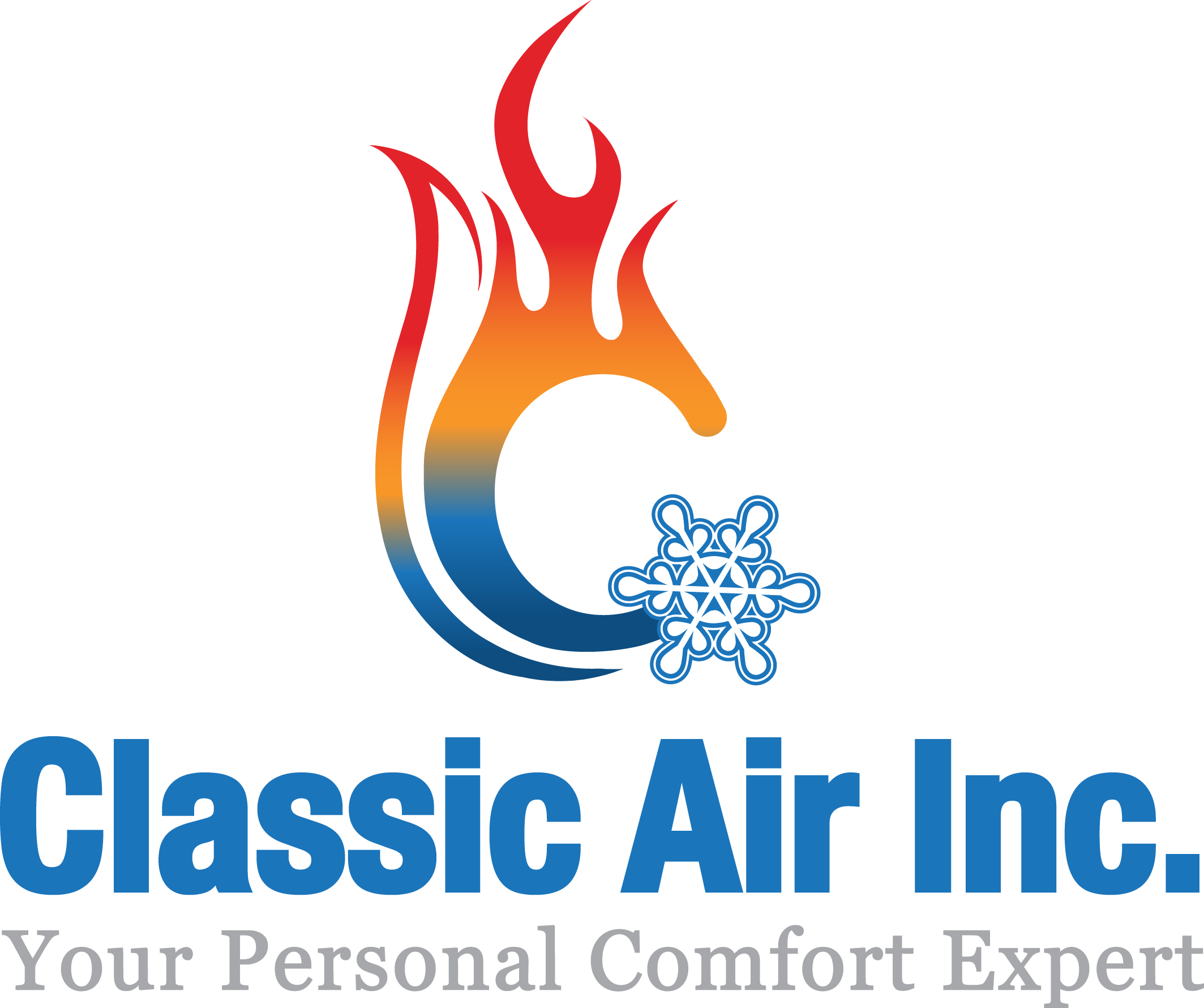
If you’re uncertain whether your Columbus residence has bad indoor air quality (IAQ), it probably does.
We are indoors a lot. In reality, we’re indoors up to 90% of the time, according to the U.S. Environmental Protection Agency. And the air inside houses could be 2–5 times more contaminated than outdoors, which could create long-term health problems.
Most Common Causes of Unsatisfactory IAQ
We’ve compiled a list of the most common causes of bad IAQ, the troubles they cause and how you can remedy these indoor air pollutants. If you’re concerned about the air inside your house, we advise chatting with a expert like Classic Air about which products are a good fit for your house.
Volatile Organic Compounds
Volatile organic compounds, or VOCs, are chemicals leaked by common household products.
They’re found in paint and stains along with:
- Furniture
- Carpet
- Building materials
- Cleaning products
- Cosmetics
- Air fresheners
- Candles
When these vapors accumulate indoors, they might irritate your eyes, nose and throat. They might also result in headaches and nausea. Regardless of whether your residence is in a rural or industrial location, an EPA study found indoor levels of these chemicals can be 2–5 times worse than the air outdoors.
Always use the manufacturer’s instructions when painting or cleaning. Opening a window can help odors disappear faster.
Air purification systems can also improve your air. This unit partners with your heating and cooling unit to freshen indoor air. When seeking one, ensure it’s specifically designed to eliminate VOCs.
Dust and Pet Dander
Dust and pet dander can trigger health problems like asthma and allergies, especially when it continuously gets recirculated by your house’s comfort system. While you can vacuum more regularly and install an improved air filter, an air filtration system may be a better fit.
This solution hooks to your HVAC equipment to give strong filtration. Some types provide hospital-level filtration for eliminating particles and bioaerosols.
Lasting Odors
Newer homes are tightly sealed to enhance energy efficiency. While this is good for your energy costs, it’s not very good for your IAQ.
Stuffy odors can stay around for a greater amount of time because your home is pulling in less fresh air. As keeping your windows open all the time isn’t doable, here are two ways you can make your indoor air smell better.
An air purification system is put in your HVAC system to wipe out odors before they recirculate. Search for one with a carbon filter and the capability to wipe out damaging VOCs. This equipment can also help keep your family healthy by getting rid of most bacteria and ordinary allergy triggers like pollen and mold spores.
A ventilation system removes stuffy indoor air and replaces it with crisp outdoor air. There are two models of units (heat recovery and energy recovery), so call our professionals for more info on which kind is best for your home.
Uneven Humidity
It’s essential your home’s humidity stays even. Air that’s too moist can cause mold, while dry air can lead to respiratory symptoms.
Our techs suggest 40–50% for the best comfort. To keep yours even, think about getting a whole-home humidifier or whole-home dehumidifier with your heating and cooling equipment.
In place of having to drag a humidifier from room to room, this equipment delivers even humidity throughout your house.
Carbon Monoxide
Carbon monoxide is colorless gas you can’t smell. It occurs when there’s insufficient combustion in fuel-burning appliances, like gas heating systems, water heaters or fireplaces.
It creates an extreme health risk. In small levels, it can cause flu-like symptoms like headaches and nausea. It may be fatal in big concentrations.
We advise yearly furnace maintenance to double-check your equipment is working smoothly. This service allows our pros to discover problems before they get bigger, including malfunctions that can cause carbon monoxide leaks.
The best approach to keep your residence free of carbon monoxide is to install detectors. These alarms must be on each floor close to bedrooms and living spaces.
Better Your Home’s Air Quality with the Classic Air Pros
Know that your home has bad air quality but not sure how to enhance it? Or unsure which option is best for you? Give our approachable HVAC pros a call at 614-210-3041 or contact us online today. With free estimates and pro assistance, we’ll help you choose the best option for your needs and budget.
